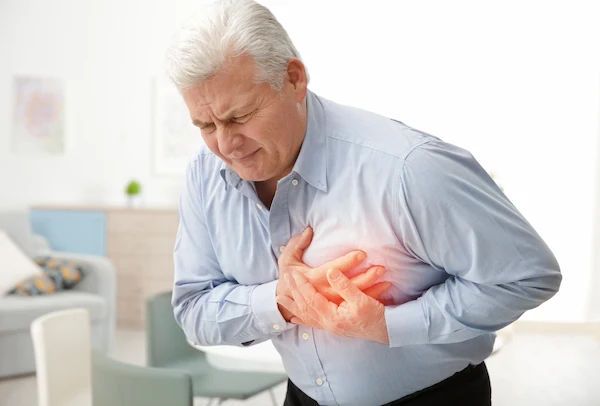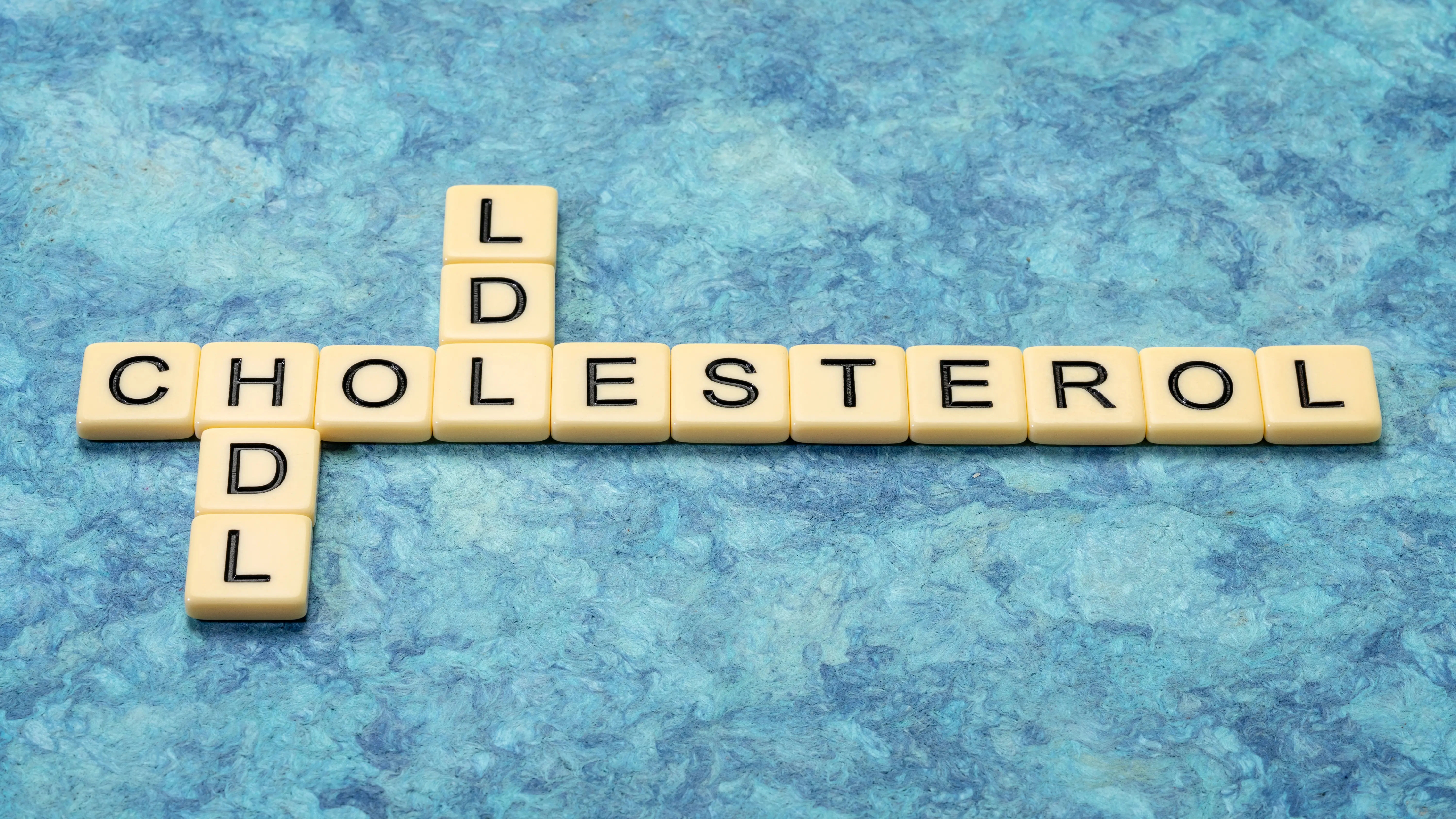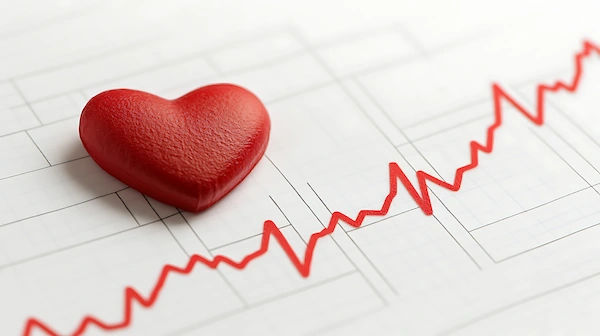- Male
- 25 Years
- 07/02/2025
I'm sometimes feeling my heart beating in my neck and it makes me panic a bit. I've done some tests like a blood test, ECG, and 2D Echo. My cholesterol is borderline, but both the ECG and Echo came out normal. So, why do I feel my heartbeat in my neck sometimes? Should I get more tests to check if there's something abnormal going on?
Answered by 1 Apollo Doctors
Feeling your heart beat in your neck can be due to various reasons such as anxiety, stress, or even dehydration. Since your ECG and 2D Echo results are normal, it is less likely to be related to any structural heart abnormalities. However, if you continue to experience this sensation, you may consider doing a Holter monitor test to monitor your heart rhythm continuously for 24-48 hours. This can help in detecting any irregular heartbeats that may not be captured during a standard ECG. Additionally, a stress test can also be considered to evaluate your heart's response to physical activity.
Dr. Kareemulla Suggests...
Consult a Cardiologist
Answered 04/07/2025
0
0

More Cardiology Health Queries
View allI'm having this chest tightness and it feels like I'm short of breath since last night. I went through EPS treatment back in August last year. Could this be related? Should I be worried about it?
ecg and trop t are advised to the patient..
Answered by 1 Apollo Doctors
Can I drink coconut water after having angioplasty or a stent put in my heart? Also, what kind of fruits and grains juices are good for me following the procedure? I'm a bit worried about how to follow a proper diet now.
Yes, you can consume coconut water after angioplasty surgery. It is a good source of hydration and electrolytes. As for fruits and grains juice, you can consider consuming fresh fruit juices like apple juice or pomegranate juice. Additionally, you can also have barley or oat grain juice for added nutrition. Remember to consult with your healthcare provider for personalized recommendations based on your individual health condition.
Answered by 1 Apollo Doctors
I'm experiencing heart palpitations and dizziness, even though my heart test results came back normal. I'm really concerned about these symptoms and wonder what could be causing them. Could it be something other than a heart issue?
Visit Physician for evaluation and appropriate management
Answered by 1 Apollo Doctors
Disclaimer: Answers on Apollo 247 are not intended to replace your doctor advice. Always seek help of a professional doctor in case of an medical emergency or ailment.




